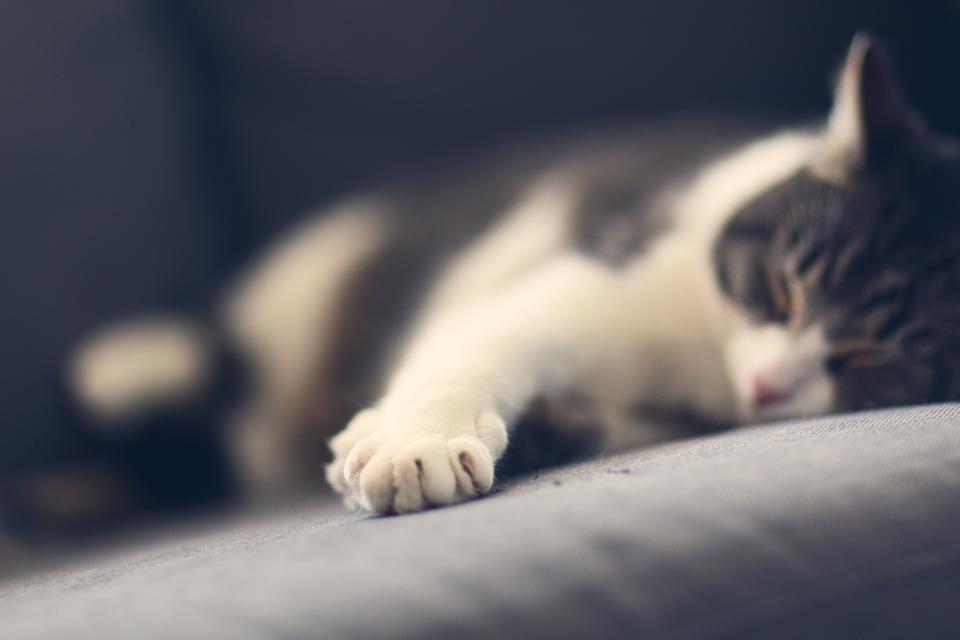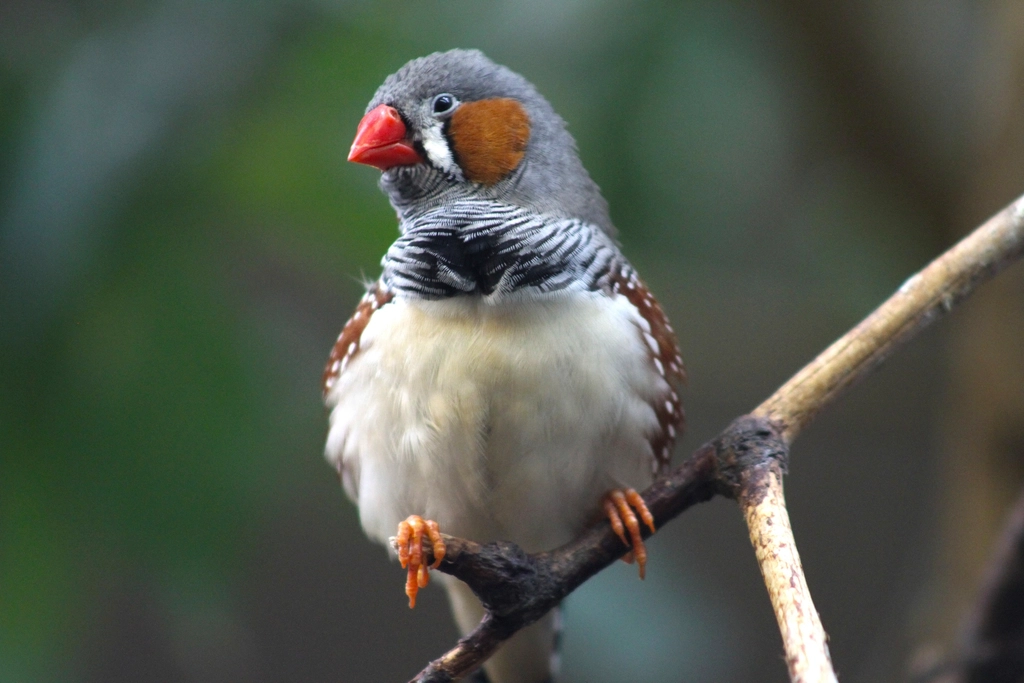DO SPIDERS DREAM?

If you have a pet, you know for sure that your dog, cat or even bird dreams – they bark, hiss and dig or display ruffled feathers in their sleep.
Researchers were aware that mammals slept and dreamed – from dolphins to people – but more recent research shows that dreaming may be more widespread than we think.
Studies of brain activity during REM (Rapid Eye Movement) sleep show similarities between animals and humans. For example, brain activity during REM sleep in cats and dogs has been observed to match their activity while awake, suggesting they may be replaying experiences, just as we may replay bits of a stressful day in our dreams to discharge the energy.

Behavioral evidence through observation of sleeping animals and their movements like kicking or twitching limbs, can be interpreted as signs of dreaming.
Studies conducted with rats indicated that the rats might have been replaying the routes they took while navigating a maze, with brain activity matching their activity while awake.
Studies involving zebra finches have found that they rehearse their songs during sleep, with their brain activity matching their activity when they are singing awake. Humans do this too – studies have shown that top athletes will “practice” in their minds, which actually is more effective than practicing physically (and improves waking performance).
As for spiders and cuttlefish, they have been observed to exhibit behaviors during sleep that suggest they might be reacting to events in their dreams, such as flashing colors or moving their spinnerets, for example.

Why do Animals Dream?
- Emotional Processing
- Skill Practice
- Memory Consolidation
What does that Mean for Human Dreaming?
Studying animal dreams can provide insights into the nature of consciousness and how it manifests in different species.
If animals dream, it suggests they may experience emotions and thoughts, raising ethical questions about our treatment of animals and our responsibility to protect their well-being.
Research on animal dreams can also offer valuable information about the purpose and function of human dreams, potentially helping us understand how our own sleep affects our memory and learning.
We will never be able to look at our furred and feathered friends in quite the same way; as researcher Daniela Rößler, an ecologist at the University of Konstanz currently working with jumping spiders in the Brazilian Amazon around dreams says,
“If they dream, I mean, what can you do? You cannot smush a spider that dreams”.

Leave a Reply